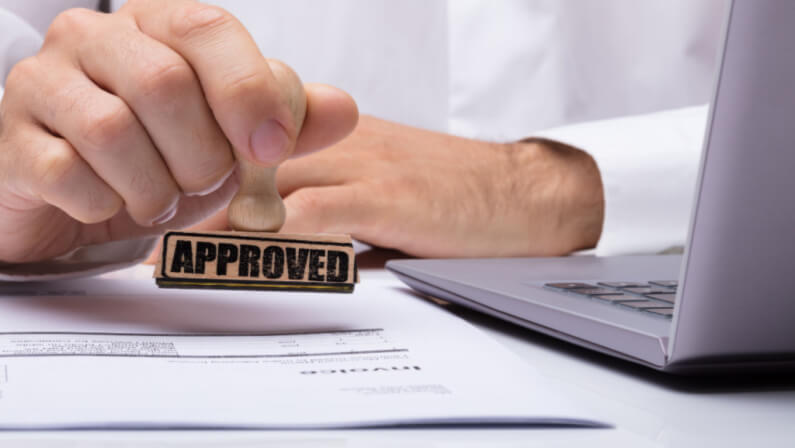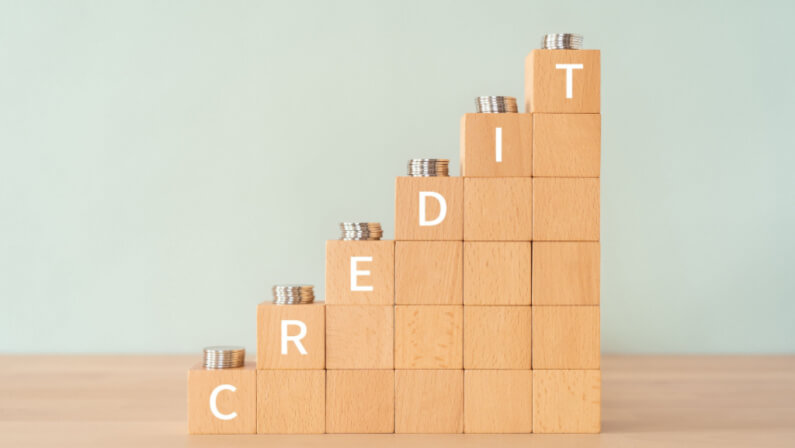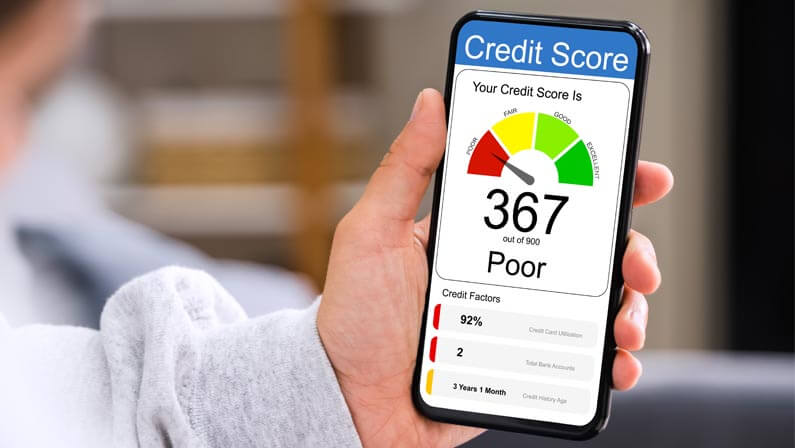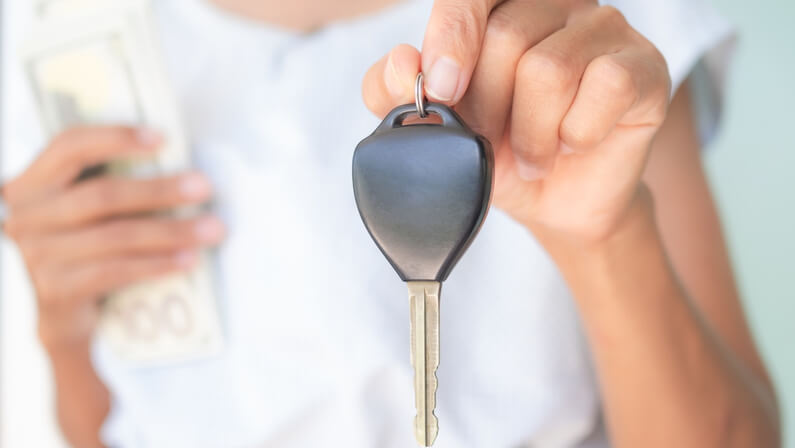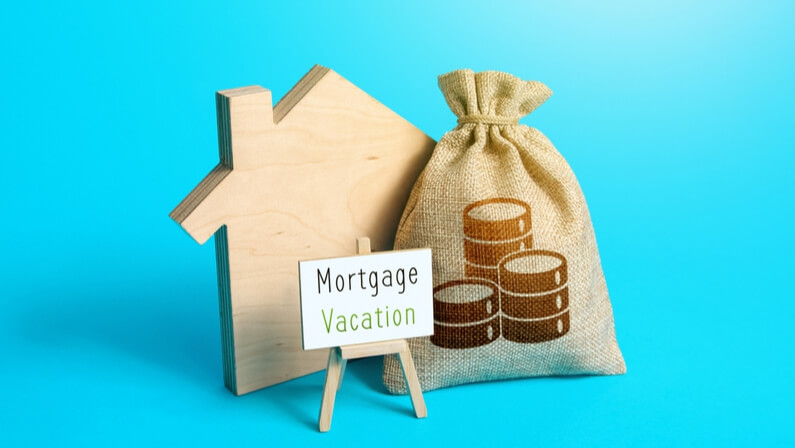How To Pay Debt When Unemployed
James Leon
05/26/2022
Financial Literacy

Paying off debt when you’re broke can be a real challenge, but it’s not impossible. As soon as you know that you’re going to lose your job, take steps to ensure that you have enough money saved to pay for your basic needs and get by until you find another job.
By taking steps early on when unemployment hits, you’ll be able to avoid accumulating more debt and sinking yourself further into financial difficulties.
This article lays out more details on how you can pay the debt when unemployed.

Set Up a Budget
One thing you should do when you’re unemployed and in debt is create a budget. List your bills and debts from smallest to largest.
You should also consider using a budgeting app that allows users to track their spending habits over time using bar graphs or pie charts (the more colorful the better).
If these sound like too much work just remember: “A penny saved is a penny earned.”
Reach Out To Your Mortgage Lenders
The next step is to reach out to your mortgage lender. You should contact them as soon as possible, but don’t worry if it takes you a few weeks or months to get around to it.
The important thing is that you do it sooner rather than later.
When you call the lender, let them know that you are unemployed and have fallen behind on your payments. Explain exactly how much money you owe and how long ago they were made, then ask what options are available for people in this situation.
Some lenders may offer payment plans or other assistance depending on how much money remains on the loan and how long it has been since any payments were made (or not).
Some lenders may even be willing to modify or forgive your debt completely—but make sure that the terms match up with what type of help would be best for both parties involved in doing so!
Call Your Loan Servicers To Make An Arrangement
There are several options you can try to restructure your debt and find ways how to get out of debt with no job like making an arrangement with loan servicers. If the loan servicer is unwilling to consider, don’t give up!
Try calling them back and enlisting the help of a third-party debt counselor. You may be able to get some of these services for free or at a reduced cost if you qualify for financial assistance through programs.
Boost Your Income
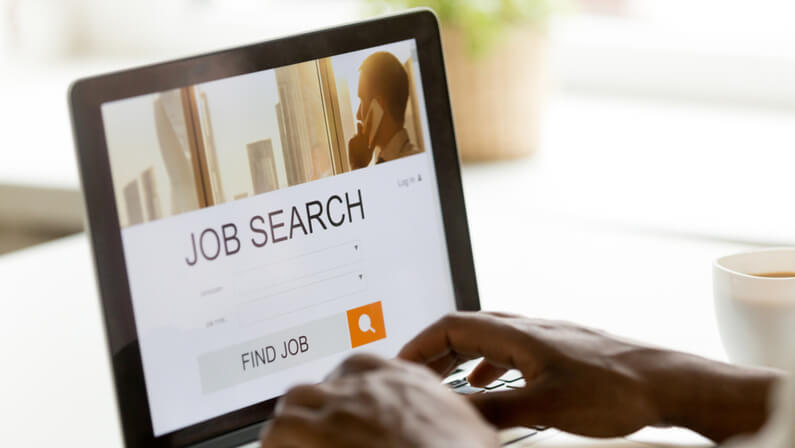
When you’re unemployed and in debt, it can feel like you’ve been thrown under a bus. Don’t despair—there are ways to pay off your debt while looking for work.
If your employer has let you go or if you were self-employed and have run out of cash flow, there are still some options open to you.
If it makes sense within the context of your situation, consider:
- Boost your income by taking on additional jobs or side hustles (e.g., selling unwanted items on eBay).
- Starting an online business that doesn’t require significant overhead costs (e.g., selling products on Etsy).
- Take advantage of all available resources: ask family members or friends if they have any leads for potential part-time jobs; sell unwanted items; rent out rooms in your house through Airbnb; get creative!
Consider Lending Options That Could Provide Cash
Here are some other options that may help you get through this rough patch:
Home Equity Loans / HELOCs (Home Equity Lines Of Credit).
If you own a home, then getting a home equity loan or HELOC might be a good option for getting some cash quickly.
The interest is usually lower than other types of loans and the rate is variable, which means that it can go up or down based on market conditions.
You’ll need good credit as well as enough equity in your home for lenders to approve this type of loan.
Cash-out Refinancing.
Another way to get cash is by taking out a second mortgage on your house or condo and using that money toward paying off debts like student loans and credit card balances.
This isn’t something everyone should do nor does it make sense for everyone; but if the situation calls for such drastic measures in order to stay afloat financially until income begins flowing again then this could be an option worth considering depending upon where exactly each person’s situation.

401k Loans.
It’s possible to take out money from your 401(k) account with the intention of paying it back over time.
The advantage is that if you do this early in life, the interest rate is usually lower than other types of loans or credit lines because there are no credit checks required when borrowing against a 401(k).
However, if you don’t pay back the loan within five years then it becomes taxable income for tax purposes and could result in additional penalties as well.
Early Distributions From an IRA.
You can withdraw funds from your IRA anytime, but there are several restrictions on making early distributions.
If you’re unemployed and need to pay off debt, you may be able to take an early distribution from your IRA.
Short-Term Installment Loans, Payday Loans, And Cash Advance Loans.
No-credit-check loans are another option you might consider at a difficult time. These are loans that promise to deposit money into your account within 24 hours with no credit check.
This may sound fantastic because you don’t have enough money to qualify for any standard loans, and you turn to alternative financing solutions (AFS) for help.
However, just because you can acquire cash through AFS does not mean you should.
These types of finance alternatives have two major drawbacks:
- Interest rates and finance fees are extremely high.
- ACH payments that empty your bank account automatically
Which Debt Solutions Work When You’re Unemployed?

If you’re out of work and struggling with debt, you may be tempted to ignore your bills. But that can lead to serious consequences.
The first step how to pay off debt without a job is to getting your finances under control. Find out which debt solutions work when you’re unemployed.
You may pay off your debts more quickly and easily with Centennial Funding. Your monthly payment and interest rate will be cheaper with our personalized programs, allowing you to pay off your debt faster.
Debt Consolidation For Unemployed
If you have multiple debts, you can consolidate them into one loan at a lower interest rate. This can help reduce the amount of money you spend on interest each month and give you more time to pay off the loan as well as pay down other debts.
Debt Management Program
A DMP allows people who are struggling with their debts to create a budget and pay off their bills on time every month while avoiding late fees and penalties from creditors.
The program usually lasts three years or less, depending on how much debt individuals have accumulated and what their income situation is like after they complete the program.
Debt Settlement Program
A debt settlement program involves negotiating with your creditors to settle for less than what you owe them.
These programs are typically offered by credit-counseling agencies or debt-relief companies, but they may also be available from attorneys or other professionals who specialize in debt settlement.
The benefit of using a professional is that they can help negotiate with creditors on your behalf so that they aren’t aware that you have gone through a debt-settlement program until after all negotiations have been completed.
Bankruptcy
Bankruptcy is one of the most effective ways to deal with overwhelming debt. It allows you to discharge (erase) some or all of your debts through a court-approved reorganization of your finances.
Many individual filers choose this option because it’s less costly than debt settlement and takes less time.
Expand Your Options
When you’re in debt, you may be tempted to pay off your smaller debts before tackling the larger ones. This isn’t a bad idea, but you also want to consider your options with regard to handling the debt repayment itself.
If you have multiple debts, like a car loan, a simple snowball strategy might not make sense. Centennial Funding is a faster and more convenient way to pay off your debt. Our personalized programs minimize your monthly payment and interest rates, allowing you to pay off debts in a shorter period.
You’ll also want to take into account personal factors such as your health and cash flow situation. The bottom line is that there is no silver bullet that solves everyone’s debt problems. But there are plenty of options at Centennial Funding that can help you.
Share post:
Latest Articles
- « Previous
- 1
- 2

